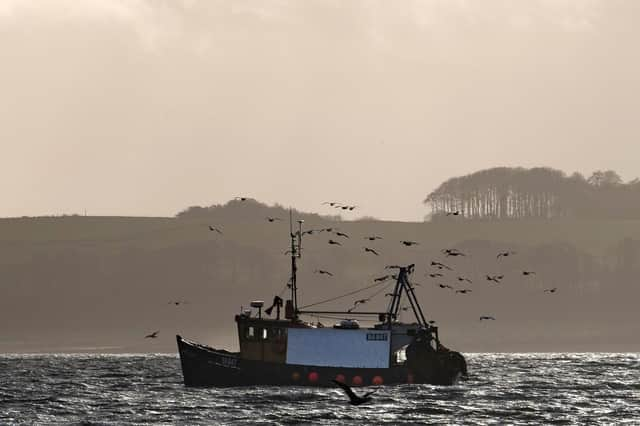Why Scottish independence would be repeating past mistakes of Brexit - Alistair Carmichael


That, at least, appears to be the goal of Nicola Sturgeon and the SNP – and they want the rest of us to hop on board without checking the price on the ticket.
Throughout the Brexit saga, SNP figures used analysis from the London School of Economics to blast the folly of splitting away from our closest trading partners.
Advertisement
Hide AdAdvertisement
Hide AdNow that a new LSE report finds the SNP’s own separation project could be three times more harmful to our economy than Brexit, the guns have fallen silent – or in some cases have been turned upon their former allies.


Just like the Brexiteers in 2016, the SNP want people to ignore the experts and triple down on destroying businesses with trade costs.
Analysis by the LSE’s Centre for Economic Performance finds that we risk as much as an 8.7 per cent loss to long-term GDP with independence, just from barriers to trade.
That is even before taking into account non-trade factors like currency or the fiscal costs of independence. Three times the cost – on top of the harm already caused by Brexit.
Pete Wishart, usually ready with a creative turn of phrase, dismissed the report by tweeting the tired old “they think we’re too poor, too stupid” spiel, beloved of those who have no answers. Others suggested that “English” academic studies are not to be trusted.
The tone of response is all-too familiar for anyone who witnessed the rubbishing of expert analysis over the economic harm of Brexit in recent years. This time, however, it is the SNP doing the rubbishing.
The other big difference is that this time we can see the destructive results of ignoring economic experts before our own eyes.
Just ask our seafood exporters who had shipments rotting in port due to Brexit disruption and are still struggling to recover. Just ask the Scottish export bodies which have excoriated the Government over the harm to our businesses caused by new trade barriers.
Advertisement
Hide AdAdvertisement
Hide AdAsk them how they would feel about three times that harm, on top of Brexit.
Mr Wishart and others have not hesitated to point at the damage to Scottish exporters in recent weeks, calling James Withers of Scotland Food and Drink and Jimmy Buchan of the Scottish Seafood Association to parliamentary committees to outline the severe trade cost they face from Brexit.
SNP leaders cannot claim with a straight face that this Brexit trade disruption is bad, but three times as much from independence would be good.
Brexit is bad for trade. Independence – Brexit 2.0 – would be worse. Every pound taken out of our pockets as a result of this trade loss will be a pound we cannot spend on the NHS or on schools.
To counteract the harm of Brexit we need to work together more with our friends and neighbours, in the UK and in the EU, not repeat past mistakes with more hard borders.
That is why my party wants to reduce barriers and find new ways to stay close to Europe.
We have a choice – between learning from the mistakes of Brexit division, or jumping on the SNP bus and tripling down on those mistakes.
Another Brexit at three times the cost – that’s a ticket price that is too high for me.
- Alistair Carmichael is the Liberal Democrats home affairs spokesperson and the MP for Orkney and Shetland.
Comments
Want to join the conversation? Please or to comment on this article.